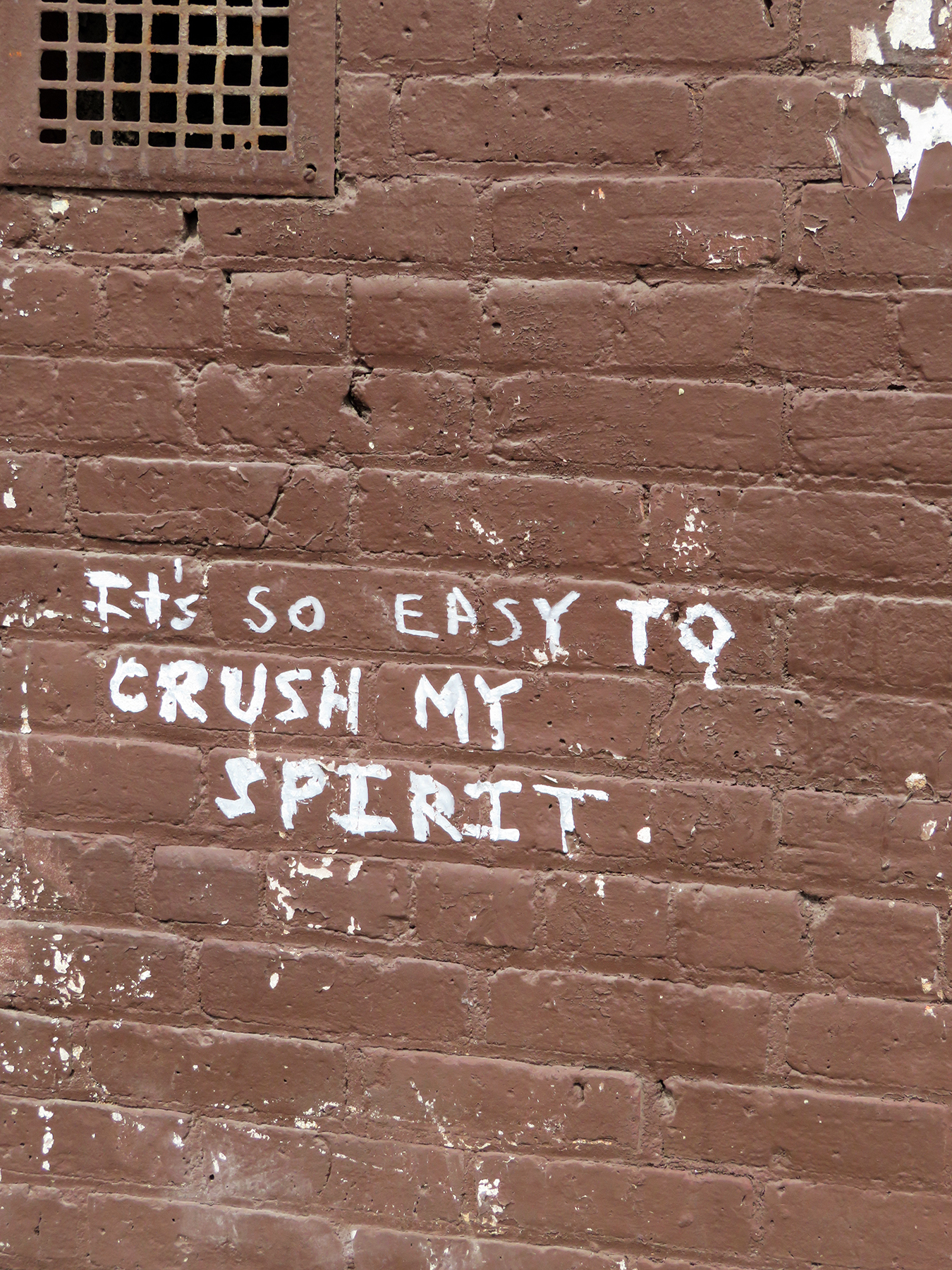Now why do you immediately assume I refer to a certain politician who shall remain nameless? Am I that predictable?

No, I want to discuss today yet another effect language can have on our interactions with the world. Over the last days I described how language can direct our attention to certain things, shaping our experiences with our environment.
I also described how language can establish certain frames which will influence how we all make our decisions (beast/virus), often through the use of metaphors. And last but not least I reported on how specific use of language can affect our emotions which in turn will lead to different actions we are willing to take (verb/noun form.)

Today I thought we’ll look at how language triggers beliefs which in turn lead you to (mis)perceive what’s out in the real world despite the facts in front of your very eyes.
Here is a straightforward example: I tell you that you will observe someone in a conversation and, by the way, we know this person to be a liar. After you have watched him or her, I ask you to estimate how often that person behaved in ways assumed typical of liars. Turns out you will tell me that that person quite frequently averted their gaze (a habit associated with liars in our belief system.) Problem #1: that belief is actually mistaken! Liars do not avert their gaze more often than non-liars….) Problem #2: the person who you watched converse with someone else did in no way avert their gaze as often as you swear you saw them do. (We have the videotape: we can count….)

The language suggested a concept – liar! – which in turn triggered a false belief – gaze aversion alert! – and you end up “observing” what you expected to see. Except the observation is in no way supported by what actually took place. No shifty eyes anywhere! (You can read a scholarly piece on many of our misconceptions about liars here.)

Here is a similar example, except this time language affects memory rather than perception. If you see a videotaped car accident and I probe your memory for it weeks later, asking how fast the cars were going when they bumped into each other (or, alternatively, when they crashed into each other) your estimate of the speed you observed will systematically vary. More striking, though, people in the “crashed” condition also remember vividly seeing broken glass, when there was none in the original tape. Just think about the implications for eyewitness reports in response to police questioning.

Photographs today show words I picked up on the street, often triggering certain concepts. From suggestions to commands…


Music was chosen for the fit with the concept, but also to stretch ourselves a little bit into the more contemporary realm. Stick with it!





